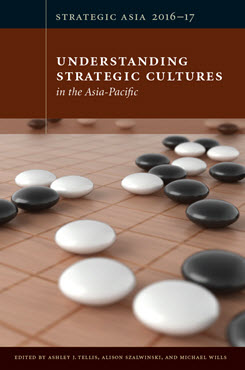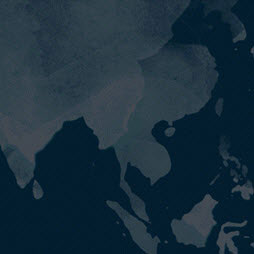Understanding Strategic Cultures in the Asia-Pacific
This chapter explains the theoretical evolution of the concept of strategic culture and how it can be utilized to understand national decision-making in the United States and selected Asian nations.
EXECUTIVE SUMMARY
MAIN ARGUMENT
That cultural attributes shape strategic decisions has been understood for centuries, but modern scientific explanations of international politics have been unable to offer adequate accounts of strategic culture. Although power and the distribution of capabilities offer the best macroscopic insights into competitive international politics, ideational factors are also relevant because even materialist explanations require such overlays at both the epistemological and substantive levels. The door is thus opened for including culture even in realist arguments, an important step in the development of scientific knowledge, because all nations have a strategic culture that manifests itself at the individual, state, and societal levels. By incorporating this ubiquitous factor into analyses of grand strategy, a better understanding of specific state behaviors can be formed, which complements the more generalized understanding typically provided by realism. When done well, studies of strategic culture can help explain how ideational factors shape the acquisition and pursuit of power in international politics.
POLICY IMPLICATIONS
- All states arguably have unique strategic cultures, which invariably shape their political behaviors.
- The accumulation and use of national power, including material military capabilities, are constantly shaped by historical and social context.
- By synthesizing strategic culture with the realist framework, a richer understanding of individual state behavior, which makes for more effective policy responses, is possible.
Strategic Asia
The Strategic Asia annual edited volume incorporates assessments of economic, political, and military trends and focuses on the strategies that drive policy in the region. Learn more about Strategic Asia.



